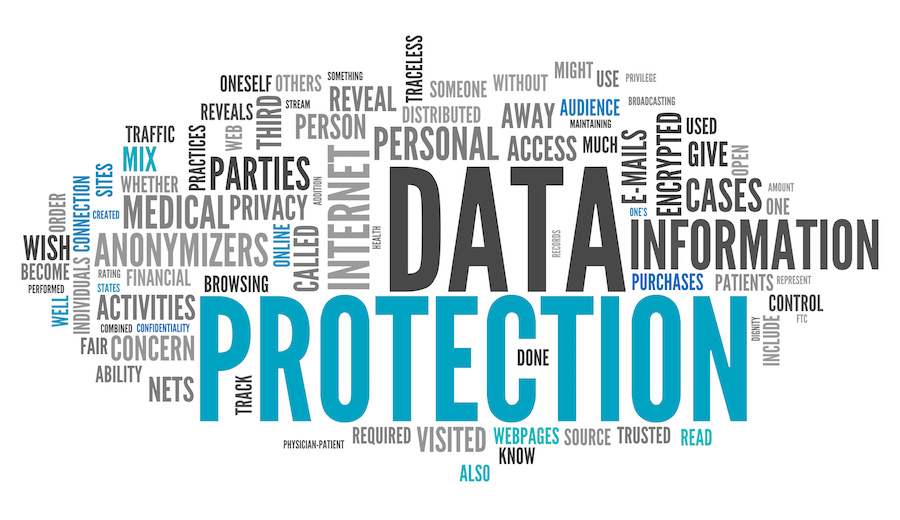At a recent technology, entertainment and design conference in Vancouver Arrigo Berni, the chief executive of notebook distributor Moleskine, told the audience:
“Paper will always be around. It helps express a fundamental part of human experience”.
The conference is frequently attended by representatives of promising tech start ups as well as those who have been in the game for a while now. Moleskine’s attendance at the TED conferences to some might seem rather surprising for a company that relies on paper. However, Moleskine is no longer a company that deals solely in paper. As Berni stated, paper becomes increasingly redundant as digital devices become more popular among consumers and businesses. Consequently, Moleskine has joined forces with tech giants Adobe and Livescribe.
Moleskine’s tentative move into the highly competitive digital market is a bold one and is further evidence of a more widespread change. Businesses that once depended on paper are now choosing to use digital tools instead for their everyday operations. Even businesses that continue to believe in the enduring utility of paper are now making the switch to digital mediums.
Businesses once reliant on paper are beginning to incorporate digital tools into their business models. This transition is most effective when it is gradual, thus businesses will need to utilise a combination of paper and digital mediums for a time. A hybrid approach can often be the most rewarding. As Moleskine has demonstrated, businesses with a heavy reliance on paper can have unprecedented flexibility when they follow this strategy.
The Advantages of a Hybrid Strategy
A business no longer needs to be paperless in order to reap the rewards that digitisation can bring. A hybrid approach is often more suitable for businesses that in the past have been highly dependent on paper. This gradual approach to digitisation has been made easier for businesses as digital information security has become more advanced.
Businesses that once felt as though they were in a contest with start ups that relied solely on digital tools are now realising that collaboration might be the most worthwhile strategy. As the BBC reported Moleskine’s collaboration with Evernote, a Silicon valley veteran, led to the creation of a commercially successful hybrid notebook; this notebook allows note takers to make their writings digital, enabling users to organise and edit their notes in a digital format. At a time when most of us continue to use both paper and digital devices, products like this are not only innovative but practical. It is a content management system that shows that paper is here to stay, and demonstrates that digital devices can actually reinvigorate paper’s widespread appeal and utility.
Offices across the country continue to rely on paper, often choosing it over its digital alternative. In the 70s it was predicted that by the 90s offices would be paperless, yet in 2015 businesses still continue to rely on it for their most basic, everyday tasks. As businesses begin to discover the benefits of hybrid data management the paperless dream seems increasingly inadequate.











